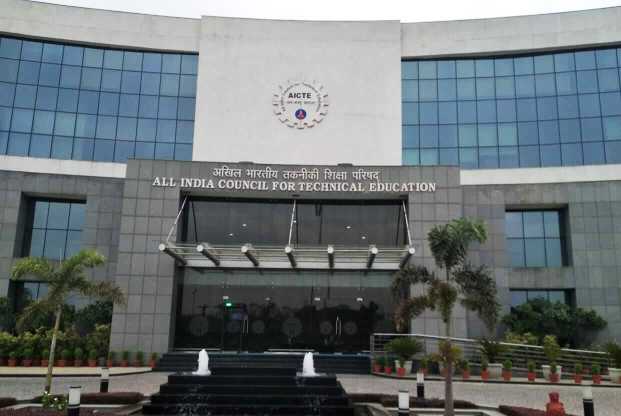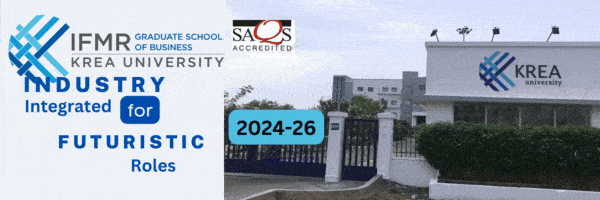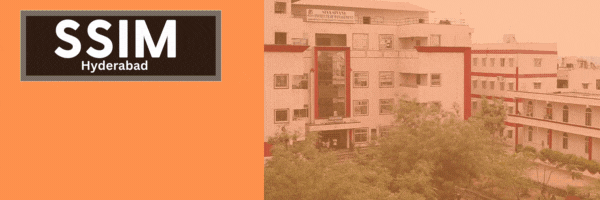In a move to attract more students to top engineering degrees, the All India Council for Technical Education (AICTE) has lifted the seat cap from the 2024-25 academic session.
Engineering Entrance Exam 2024 -25. B Tech last date and Application Fees CLICK
Till now, the engineering college could have a maximum of 240 seats in one branch.
Admission In Engineering Colleges To Be Easy
The council has decided to remove seat caps in sync with the National Education Policy 2020 (NEP 2020) that aims to increase the GER and reduce the mismatch between demand and supply.
Rajive Kumar, member secretary, AICTE, says, “Institutes seeking approval for starting new programmes or increasing seat numbers, are supposed to apply till January 31. Once the application window closes, we will start the approval process,” adding that the council has already received over 2,000 applications since the release of the approval process handbook for the 2024-27 academic session.
IIT Madras B Tech placements 2023
An expert committee will be conducting thorough inspections to assess the suitability of the institution’s facilities and the adequacy of the faculty members to accommodate the proposed rise in student intake. The evaluation will ensure that the institution is well-equipped to handle the additional load responsibly and maintain high standards of education.
“Over 800 experts from IITs and NITs will be conducting the inspections of the institutes who aim to increase the number of seats in a particular stream.
VITEEE 2024-India’s No. 1 Private University (NIRF 2023) open applications
As a regulatory body, we want to maintain the quality in technical and management institutions. Our main priority is employability and hence, increasing the intake will lead us in this direction,” AICTE chairman TG Sitaram told Education Times. The AICTE is committed to promote holistic and accessible education in the country with an aim to make India a technical hub by the year 2047, he says.
Questioning the rationale behind the cap and urging regulators to consider a thoughtful approach by delving deeper into the matter, an IIT professor, on the condition of anonymity says, “The concept of demand and supply is little tricky. We do not really have a mechanism to estimate the demand. There has been a craze among students to pursue Engineering, with private colleges that are focussing on in-demand disciplines. In many institutes, several seats do not get filled and lack of faculty lead to low quality education.”
Highlighting the fact that though there is a dearth of quality faculty in institutes, S Vidyashankar, vice-chancellor of Visvesvaraya Technological University, Belagavi, Karnataka, says, “Increasing the number of seats will not reduce the quality of education as most of the students are not dependent on classroom teaching rather they follow free resources available on the internet which provides them easy access to a vast information, making it convenient for students to find material tailored to their needs.”
Greater inclusivity
“Previously, seat limitations restricted high-quality institutions from admitting more students, often forcing applicants to compromise on their career choices,” says Dhruv Galgotia, CEO, Galgotias University, adding, “The removal of seat limitations will broaden access to quality education, allowing aspirants to secure admission in esteemed institutions that were previously constrained by seat caps. This change facilitates greater inclusivity, aligning students’ aspirations with their educational choices and eliminating the need for compromises due to seat limitations.”
Talking about whether the move will lead to a demand and supply mismatch again, Sanjay R. Chitnis, founding dean, School of Computer Science and Engineering at RV University, says, “We have sufficient global demand to support a higher intake of students for all branches.” The students lack hands-on industry relevant high-quality skills to support the new-age products and services. The move will enable good competition and improve the quality in institutes. The students will benefit as they will get better learning in good institutions leading to high-quality jobs, says Chitnis. Source





